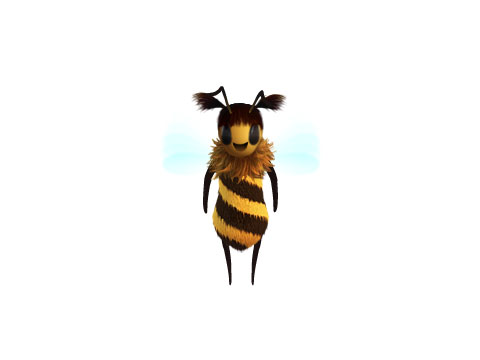
Rereading, with more attention (and interest) Alice Notley's Alma, or The Dead Women. I'm not going to write a review, since I'm not finished with the book, but I think it will help if I blog my thoughts as I'm reading and thinking.
This is an angry book. I like it that Alma is angry. She's not a heroine like Allette. Alma's a hag, not a warrior. She's a bit like the Cailleach or Morrígna--she's a god but no one really treats her like one. Alma shoots up into her forehead and dreams/hallucinates the world. It reminds me of how the fire and light from Shiva's third eye can annihilate evil--but also how he often opens up his third eye when he's angry, to burn things (like Brahma's 5th head that liked to badmouth him).
So, Notley continues to work with big archetypal female characters. I can't think of any other epics where the central figure is an angry, often self-righteous hag. It's true, hags are dangerous, erratic (Baba Yaga sometimes helps you, sometimes tries to eat you, and she lives in a house built on dancing chicken legs, so the house moves and looks really creepy), and often annoying. I often find the character Alma to be all of these things--but it's hardly an accident. In "The Invisible Organ Presence," Notley writes:
"That a woman is a composition? a trial lawyer, a severity, a bother to one who would move up, an aging hypnotist an aging theoretician, always the nag, the complainer, the denouncer, the radical feminist. nothing you can say, it doesn't matter what i say, it's always heard in the image of the ear of another, this has been said before, everything you do is meaningless..." (42).

Alma, or The Dead Women imagines the hag as a powerful alternative to being any of these things.
The female/male binary in this book is pretty absolute. Men kill and make war, women don't. This dynamic comes up over and over again in the book, and it irks me. But then there are moments where this dynamic is undermined. So maybe the book doesn't hold firm to that dynamic. I don't know. Here's a section from "The Stupid Guy Etc" that I think is quite funny, although I don't really associate camp or humor with Notley's work, so maybe it's just me:
"because this guy is stupid, you find out by fucking them don't you, and who is there but the stupid to fuck at this point. the moment is the one just past when the seeds have spread throughout the world that moment when we were still just fucking almost fearlessly" (33).
(Note to self: that section also makes me think of San Diego county, bad decisions about marriage, and fantasies about domestic life that still exist even when they don't work).
or this one from "Of Luz, Cosette and of Vengeance":
"Do we want people to die? no, we want them to know they are guilty, and stupid. we want to abolish sexes themselves. races themselves. we want to abolish everything you stand for" (37).
The you in the first section, I think, implicates women readers, and the you in the second section refers to all the evil, nasty, war-loving men that show up throughout the book. Not all the men in the book love evil, though. Dick Cheney is there, but so is Sonny--who is mostly a stupid and naive young man who wants to go to war because he knows nothing about it, really. He's stupid and tragic.
This poem is mostly a poem about women in a world of violence, men, and war. But let me quote one more section, this one from the second half of the book, a section called "The Boys and Men":
"the boys and men who came with us just chose to come with. and no make no new social order, make no social order, they just chose to, to come with us. they too had nothing left, in or outside. this is a story of women but i want you to know"(205).
Not all the men are stupid and violent, but this book isn't about them.
Allette is angry, but she rises above her rage, or at least uses it for something productive. Alma is productive in any normative way, and she exists because of and through her rage and pain. I'm both attracted to and annoyed by mythic archetypes in poetry--but I see their value: a hag can really, really rant. And rant. The point is that a hag really rants a lot. Of course you want her to shut up.
Other stuff to think about:
- Nagging sense that Alma is just as pious and uptight about her world view as the men in the book. This really would be, I think, the major problem...
- Old Hag Syndrome (sleep, hallucinations...)
- The hag (in Persian mythology, maybe, who lays on your chest at night so you feel like you can't breath. Associated with Old Hag Syndrome).
- Hag's connection to battlefields (Morrígan in the Táin Bó Cuailnge)
- And sovereignty--land, etc. Hag is sometimes the barren land. Hero usually has to confront her.








No comments:
Post a Comment